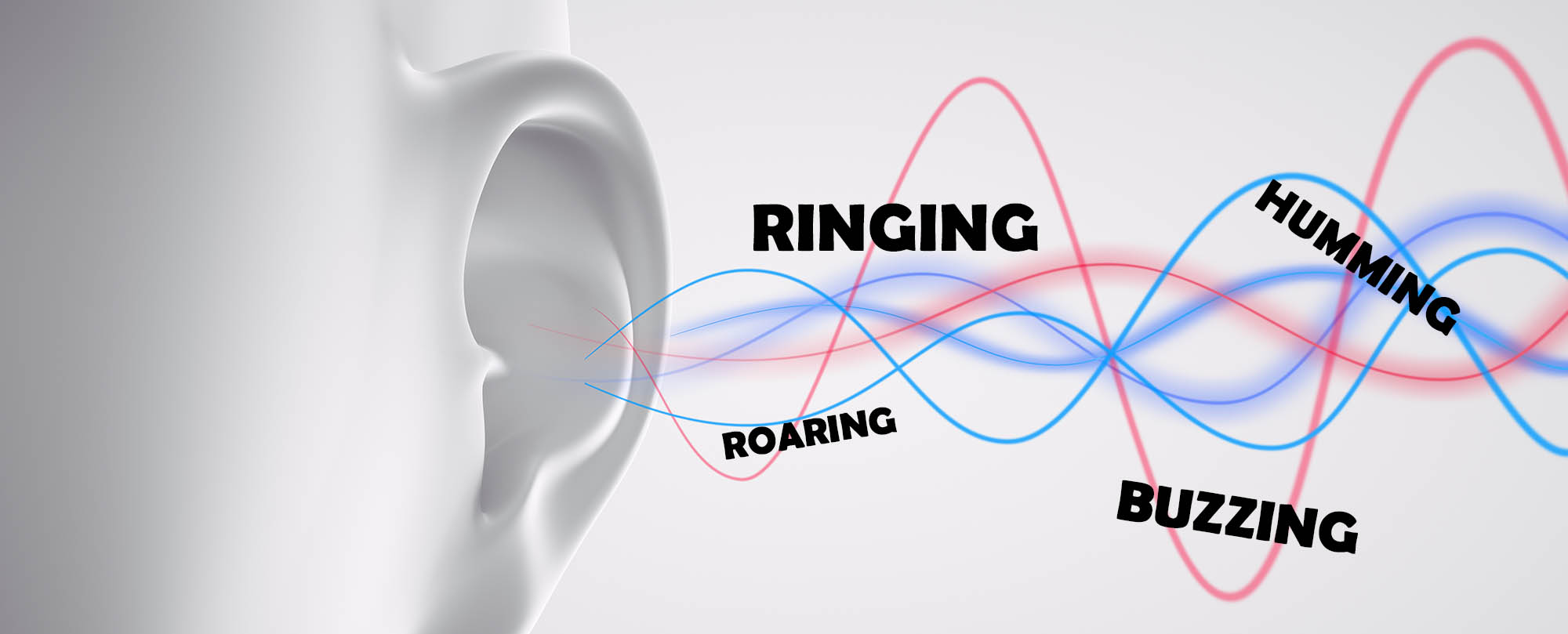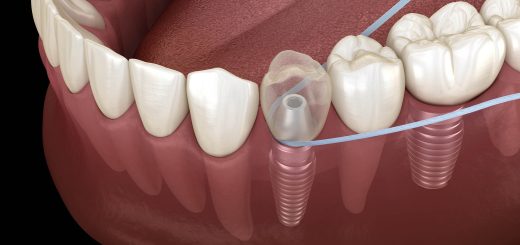Tinnitus: Understanding the Symptoms and Causes
Tinnitus is a common condition that affects millions of people around the world. It is often described as a ringing, buzzing, hissing, or clicking sound in the ears that is not caused by an external source. While tinnitus is not a disease, it can be a symptom of an underlying condition that requires medical attention. In this post, we’ll take a closer look at tinnitus, including its symptoms, causes, and available treatments.
What are the Symptoms of Tinnitus?
The most common symptom of tinnitus is the perception of sound in the ears that is not caused by an external source. This sound can be heard in one or both ears and may vary in pitch, loudness, and duration. Some people describe the sound as a high-pitched ringing, while others hear a low-pitched hum. The sound can also be constant or intermittent and may interfere with a person’s ability to hear other sounds or communicate with others.
What Causes Tinnitus?
Tinnitus can be caused by a variety of factors, including:
- Exposure to loud noise: Exposure to loud noise, such as concerts or explosions, can damage the hair cells in the inner ear that are responsible for sending sound signals to the brain. This damage can result in tinnitus.
- Age-related hearing loss: As we age, the cells in our inner ear begin to deteriorate, which can result in hearing loss and tinnitus.
- Earwax blockage: When earwax builds up in the ear canal, it can cause tinnitus by blocking the sound waves from reaching the inner ear.
- Medications: Certain medications, such as antibiotics and cancer drugs, can cause tinnitus as a side effect.
- Meniere’s disease: This condition affects the inner ear and can cause tinnitus, hearing loss, and vertigo.
- Head and neck injuries: Injuries to the head or neck can damage the inner ear and result in tinnitus.
- Stress and anxiety: Stress and anxiety can cause or worsen tinnitus by increasing blood pressure and muscle tension, affecting the inner ear.
How is Tinnitus Diagnosed?
To diagnose tinnitus, a doctor will first perform a physical exam and ask about the patient’s medical history. They may also order hearing tests and imaging studies to rule out any underlying conditions causing tinnitus.

How is Tinnitus Treated?
While there is no cure for tinnitus, several treatments can help manage the symptoms. These treatments include:
- Hearing aids: Hearing aids can help reduce tinnitus symptoms by amplifying external sounds and making them more audible than internal tinnitus sounds.
- Sound therapy: This involves using external noise, such as white noise or music, to distract from the tinnitus sounds and help the brain ignore them.
- Tinnitus retraining therapy: This is a form of sound therapy that uses a combination of counseling and sound therapy to help retrain the brain to ignore the tinnitus sounds.
- Medications: Certain medications, such as antidepressants and anti-anxiety drugs, can help reduce tinnitus symptoms.
- Cognitive behavioral therapy: This form of treatment can help people with tinnitus learn coping strategies to reduce the emotional distress associated with the condition.
- Alternative therapies: Some people with tinnitus may benefit from alternative therapies, such as acupuncture or hypnosis, to help reduce their symptoms.
In conclusion, tinnitus is a common condition affecting millions worldwide. While it is not a life-threatening condition, it can cause significant discomfort, stress, and a negative impact on the quality of life.
There is no known cure for tinnitus, but various treatments and strategies can help alleviate its symptoms and manage its effects. It is essential for individuals who experience tinnitus to seek medical evaluation and treatment to rule out any underlying medical conditions and receive appropriate care.
Individuals can also manage their tinnitus symptoms by adopting healthy habits, such as reducing exposure to loud noises, practicing relaxation techniques, and using sound or cognitive behavioral therapy.



